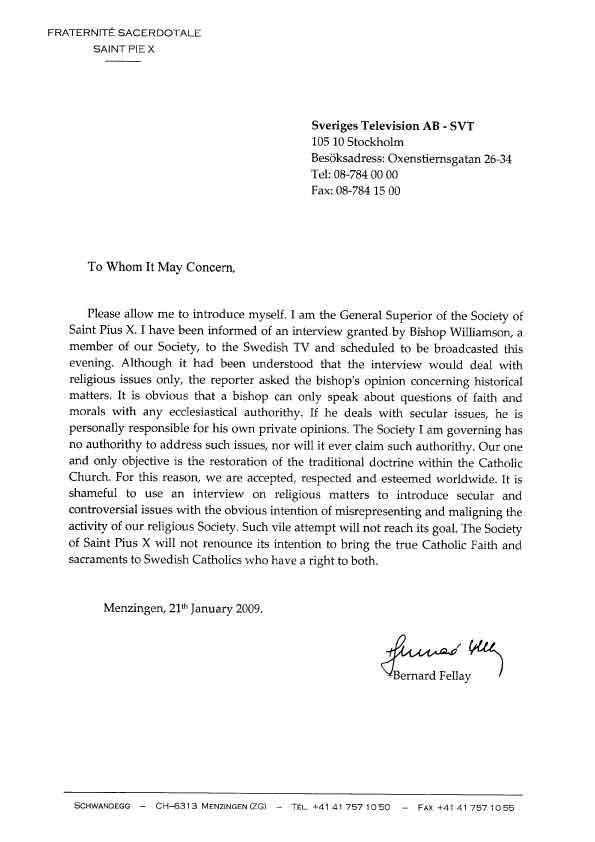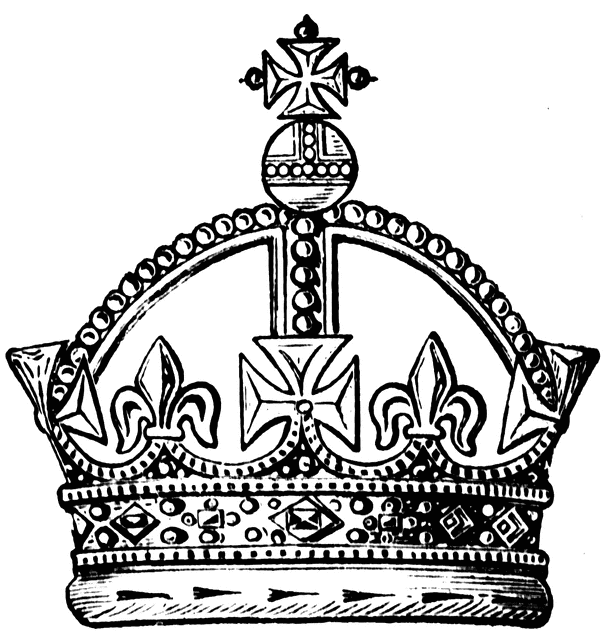
Happy Australia Day to all my fellow Australians. It's almost over, but it was a wonderful day. After attending morning mass for the local "Solemnity" the national day (Timothy and Titus got bumped to last Friday), my family and I went up to Warburton with two of my old seminary friends (local Lutheran pastors) and their families.
We found a patch of lawn and a shady tree alongside the Yarra River (about 15 metres across and 2 feet deep at that point) to spend the day. A picnic (not the traditional BBQ), a couple glasses of wine, some coffee and panettone (rather than the traditional lamintons) in glorious sunshine and light breeze, followed with a game of cricket (traditional) and a game of boule (not traditional).
The temperature today was around 26 degrees, but we are expecting temperatures for the rest of the week to be around 40 degrees with overnight minimums of about 25, so it won't be so pleasant for the next few days.
Anyway, all this is to reflect on the fact that today's public holiday, marking the anniversary of the hoisting of the Union Flag at Sydney Cove in 1788, is somewhat controversial, because it marks the beginning of the European colonisation, or (as it is called by our indigenous brothers and sisters) "invasion" into this country.
Of course, since then there have been other "invasions" - such as the invasion of the local Asian peoples in the last 40 years or so: an invasion which might well have been inevitable, given Australia's geographical location, in the long run even without the European colonisation (so the sole occupancy of the indigenous population was always doomed to end eventually one way or another).
Nevertheless, I have some sympathy for the indigenous point of view. January 26 is hardly a date which unites the whole nation in celebration. However, since the history of Australia lacks an single, stand-out, epochal, nation-forming event, it is very difficult to suggest an alternative.
The only possible contender would be the anniversary of the the Federation of our colonies into one nation on January 1st, 1901. But anyone can see the difficulty of having January 1st as a national day. For one thing, it is already a public holiday for New Year's Day (and ask any Australian and they will tell you that the main point of our National Day is that it is an extra public holiday), for another thing, most people are still on Christmas/Summer holidays at that point anyway - including our public officials.
Discussing the problem with my pastor friends today, there was at least one thing we agreed on: Australia Day should happen in the Summertime. Our national holiday is an outdoor event, it is an event for swimming at the beach, having a BBQ, etc. etc. It is a day for the national dress (shorts and thongs and wide brimmed hat). None of that would work in winter.
As such, Australia Day fits very well were it is. You couldn't have it in December. And by the end of January, everyone is back at work and school.
One more thing before I give my model for a solution to the problem of "Australia Day/Invasion Day". Rather like the modern Catholic Church here in Australia, which shifts major feasts like Ascension and Epiphany to Sunday's where they are more congenial to the populace, Australians like their public holidays on a Monday so that they get a "long weekend". Today, January 26 fell conveniently on a Monday. But if it fell on a Wednesday, the public holiday would be transferred to the previous Monday and we would all be at work on the 26th. (Can you imagine the Yankees doing that with July 4th?).
So, here is my suggestion. We could cut "Australia Day" free from the 26th of January (ie. cut it free from "Invasion Day") but
still celebrate it at the same time of the year (which, as I have explained, is the best season for a traditional Aussie Long Weekend). The rule would be something like the rule for the Melbourne Cup (first Tuesday in November) or Easter (first Sunday after the first full moon after the Autumn Equinox):
Our National Holiday will henceforth always be on the last Monday in January.
Problem solved.










.JPG)







